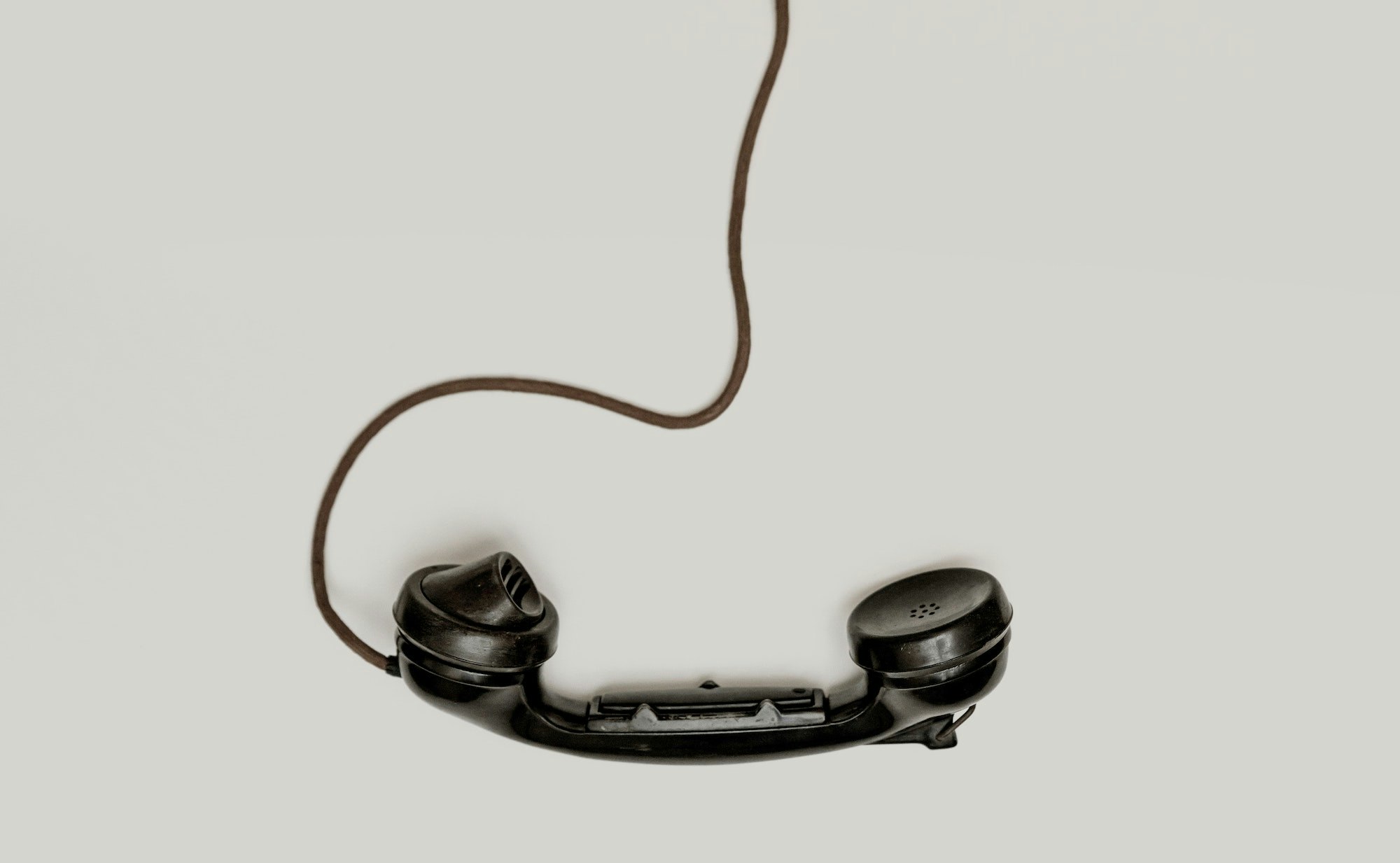It’s no secret that Europe’s tech ecosystem is experiencing economic uncertainty, leading startups to reevaluate their approach to strategy and customer service.
Recent research from American Express found that 75% of small and medium-sized businesses (SMEs) in the UK are pivoting in response to shifting consumer expectations. But this isn’t necessarily negative.
“Times of uncertainty are times for reappraisal,” Amanda Salt, vice president, small & medium enterprises, UK card services at American Express, tells Sifted. “What consumers want and what they’re prioritising is in flux. Because of this, startups are showing their flexibility by making changes to the way they’re interacting with their customers.”
Here’s how startups can best approach this shift.
Diversifying offerings
One way to respond to shifting customer expectations — and increase growth — is to expand ways to bring in revenue.
Nobody likes ambiguity, so keeping customers informed of any news or changes is crucial for building trust and loyalty
According to research by American Express and Small Business Saturday, over half (54%) of SMEs in the UK are diversifying what they offer their customers, while nearly a third (30%) are providing additional services.
Another option for businesses is improving customer communications, something that is especially important at times of uncertainty. The research found that 37% of SMEs are looking to improve communications to better service existing customers over the next few months.
“Nobody likes ambiguity, so keeping customers informed of any news or changes is crucial for building trust and loyalty,” says Salt. “Whether it’s good news around upcoming sales or special offers, or more practical information about store opening times, keeping customers in the loop is a smart move for any startup.”
Maintaining relationships
For Steve Coulson, CEO and cofounder of Kitt, a UK-based startup that finds, designs and manages offices, the relationship between brands and the public is key in the current economic climate.
From an economic perspective, for every customer you lose, you have to win two more. Retention is always important
“Brands need to not only show an understanding of the hardship their customers are facing, but the way in which they will help them through it,” he says.
“Businesses need to be looking at the customer base they had three years ago and then at those that are still spending with them, and analyse what’s important to them right now. And for those at risk, businesses need to consider methods — such as pricing structures — to do their best to retain them.”
Coulson adds that he has seen a shift towards a relationship economy, where strong connections are only built when the response from companies is not impulsive, but instead considered and supported by expertise and emotion.
“From an economic perspective, for every customer you lose, you have to win two more. Retention is always important,” adds Coulson. “Invest in customer relationships that demonstrate you understand their pain, and that will help build affinity with your brand. It’s about doing everything you can to enable that brand loyalty, because relationship-driven products have a lot more power.”
New versus old
When it comes to customers, the American Express research found that half of SMEs are focusing on expanding their customer base, while the other half are looking at increasing spending from existing customers.
Our recent research showed that 60% of the UK’s small businesses say that customer expectations are rising, while 52% see their customers being more driven by price
This is because for some, it is more fruitful to invest time in building loyalty with their existing customers. While for others, it’s the opposite — they may have maximised everything that is possible with their current customers and recognise that volume is key, so expanding into new customer bases is their best bet.
“There’s no doubt that the current climate is making either approach trickier,” says Salt. “Our recent research showed that 60% of the UK’s small businesses say that customer expectations are rising, while 52% see their customers being more driven by price.
“Amidst this backdrop, businesses need to be pragmatic — it’s better to focus on one strategy and get it right than to take a scattergun approach that sees customers shifting to competitors.”
Salt adds that when businesses are focusing on new strategies, it’s still important to streamline and maximise current processes, through tech and/or careful use of finances.
The American Express® Business Platinum Card, for example, helps business owners to make the most of their everyday business spend on anything from travel to advertising to office supplies.
Guiding the roadmap
Being mindful of how customers grow and change is important to future-proof a startup.
Understanding your customers as much as you can now will help you build a product roadmap for the future to ensure it remains relevant, engaging and useful
Sophie Abrahamovitch, cofounder and CEO of UK-based free drinks and nightlife rewards app DUSK, believes that after little human contact for so long during the height of the pandemic, the tech ecosystem is seeing a "reverse pivot" from startups as consumers return to prioritising real-life connections and experiences. This is leading businesses to, once again, bring their products to life through pop-ups and events in physical spaces.
“With changes to targeting and tracking, you can no longer just rely on ads to acquire new customers and reach existing ones,” Abrahamovitch tells Sifted. “The rising costs in this space mean startups will see real success from engaging current customers and increasing their lifetime value through valuable experiences, connections and add-ons.”
For DUSK, this means introducing customers to a platform that will evolve as they grow.
“Right now, for example, they might be visiting a high volume of cocktail bars in central London, but in three years' time, they could be looking for the best natural wine bars instead,” she adds. “Understanding your customers as much as you can now will help you build a product roadmap for the future to ensure it remains relevant, engaging and useful.”
Investing in customer service
In times of uncertainty, purchasing decisions tend to be thought about even more carefully. While the usual factors of cost, convenience and quality remain important, going the extra mile with customer service is key to help brands differentiate from competitors — particularly if they’re newer to the market.
Half (51%) of customers state they are more likely to shop with a retailer that has a loyalty scheme
Separate American Express research found that 73% of British consumers wouldn’t shop with a retailer again if they had a poor shopping experience. This shows the critical importance of consistently getting customer service right — it can be the difference between a one-off purchase and a customer for life.
“A good way for startups to help improve the customer experience is to offer a loyalty scheme,” concludes Salt. “Half (51%) of customers state they are more likely to shop with a retailer that has a loyalty scheme. Such schemes can also be a useful way to gather useful insights on customer behaviour, allowing startups to further refine and improve services and offers for customers.”
The refreshed Business Platinum Card unlocks a range of valuable benefits. Until 16 November, new Cardmembers will also get a welcome bonus of 60,000 Membership Rewards® points when they spend £8k in their first three months. Limited time offer. Valid until midnight on 16 November 2022. The 60,000 welcome bonus Membership Rewards® points is available to new Cardmembers. Subject to status, over 18’s only. Annual card fee £650. Full terms and conditions apply. Discover more here.



